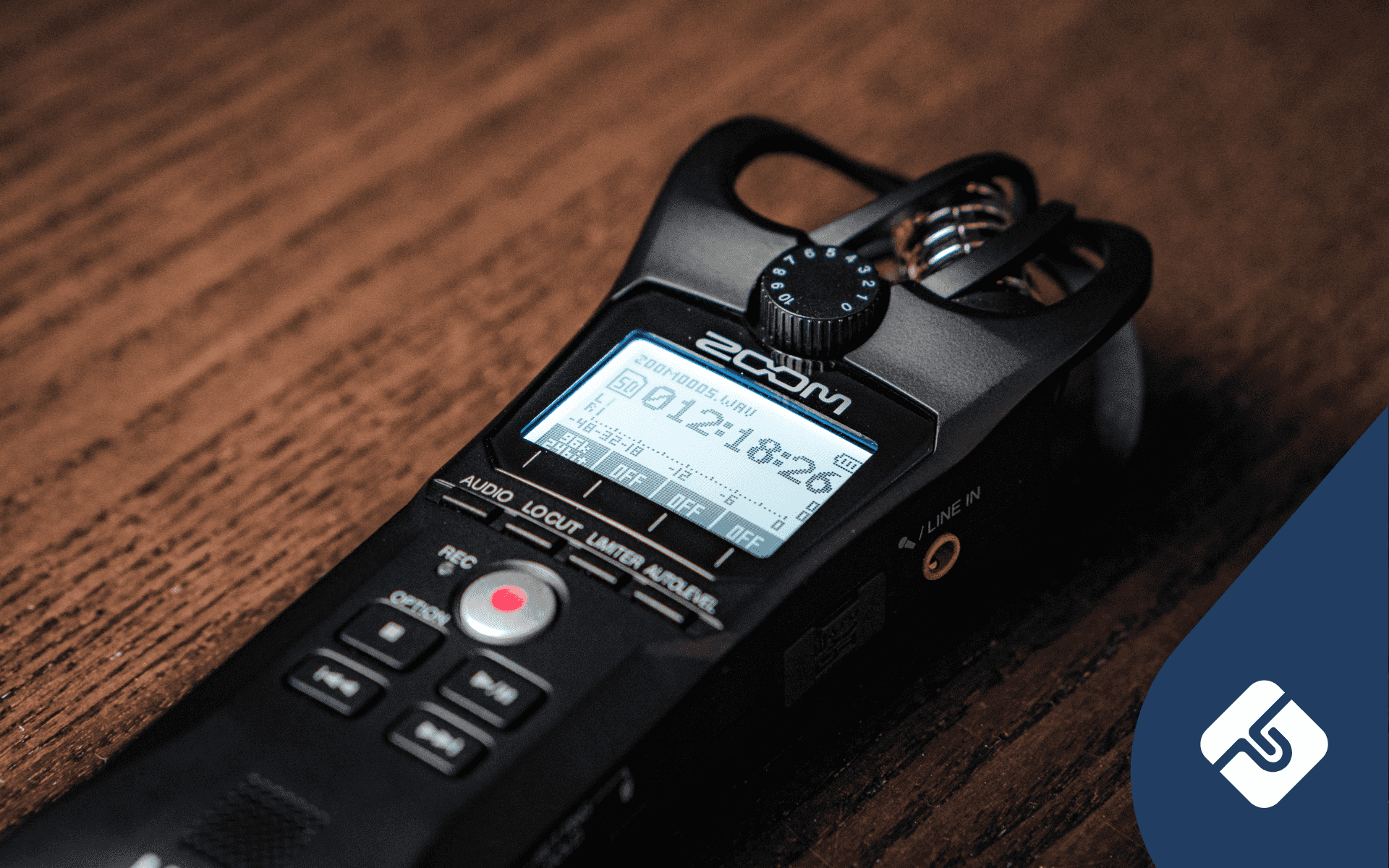Based in Sydney, Raja is a law student enrolled in a Bachelor of Laws and Bachelor of Communications (Writing and Publishing) at the University of Technology Sydney. He is passionate about transferring knowledge in relation to businesses, legal advice and marketing direction. Raja has experience working in immigration law and is driven by the writing, editing and publishing process of content.
Recording something discretely is easier than ever. With phones and video, all you need is to press a button. But this is dangerous for employers hoping to protect information and data. So naturally, you might have a few questions such as:
- Are recordings legal?
- Are secret recordings admissible in Court?
- How do I protect my workplace?
In this article, we will explain the legalities surrounding secret recordings.
Recordings in different jurisdictions
Each state and territory has different laws regulating surveillance and listening devices. As a result, this has been a discussion point in calls for uniform legislation.
Why? Laws regulating telephone tapping, internet snooping and metadata surveillance are concerns with many businesses. So, with a reliance on digital operations and work from home arrangements, it is important to know the exact law surrounding recordings.
For example, under section 43 of the Privacy Act 1971 (QLD), a person may legally secretly record a face to face conversation you are having. Yet it is unlawful to use listening devices to record a private conversation you are not a party to.
Alternatively in NSW, the Surveillance Devices Act 2007, prohibits the recording of audio conversations without the consent of all parties. But there is an exception that allows recordings if it is reasonably necessary for the purpose of protecting the lawful interests of the party.
1. NSW law
Firstly, the NSW law gives us a good scope of when you and can’t install, use, or record someone with a listening device. A ‘listening device’ is basically “any device capable of being used to overhear, record, monitor or listen to a conversation or words spoken to or by any person in conversation”. Further, under s 4(3) of the Act, any device that can record or transmit visual images may be classified as a listening device – this includes most video cameras!
Importantly, the law puts up to 5 years imprisonment or $11,000 fine, or both for an individual. Alternatively, for a corporation, the maximum penalty is $55,000.
So, what is the purpose of this law? Primarily, it protects our privacy. It establishes safeguards against unjustified invasion. This is important to protect individual freedom in the right of people to enjoy their private lives free from interference. This strongly desired in a digital age where personal data can be at risk.
However, Section 7 of the the Surveillance Devices Act 2007 provides exceptions to the offence if;
- Both parties consent to the recording
- The principal party consents to a listening device being used, and the recording the conversation is reasonably necessary for the protection of the lawful interests
- A private conversation is heard unintentionally by means of a listening device
So what is a ‘private conversation’? It is defined as words spoken person to another “in circumstances that may reasonably be taken to indicate that any of those persons desire the words to be listened to only” by themselves or partied to the conversation.
2. Recordings as Evidence
Generally evidence which has been unlawfully recorded is inadmissible in all states. Though, there are certain circumstances that allow an admission. This depends if the Court believes that the desirability of admissible outweighs considerations of how it was obtained. The Court may consider the importance of the evidence, the nature of the offence and the difficulty of obtaining the evidence without breaking the law.
Additonally, the NSW legislation also makes an exception for the use of surveillance devices by police if they possess a valid warrant or are acting in accordance to the law. Why is this important? Because the law does permit the police to use body-worn cameras, utilise cameras when conducting searches and to use listening devices integrated into Tasers.
3. Tracking and Monitoring
Furthermore, tracking location through the use of recordings to determine the location of a person or object without consent is illegal. It is also an offence to use optical surveillance devices on a vehicle or within premises without the consent of the owner.
Additionally, it is against the law to install data tracking devices to record or monitor the input or output of information on a computer.
4. Recordings & Workplace Surveillance
Additionally, recordings in the workplace must be protected, especially with the growing reliance on video calls. Workplace surveillance may occur in emails or messages. In NSW, the Workplace Surveillance Act 2005 (NSW) expressly prohibits covert surveillance, without the knowledge of employees.
Conclusion
So, in essence, recordings may or may not be ‘reasonably necessary’. But ‘lawful interests’ will really depend on particular circumstances. Generally, recordings are only likely to be legal if relating to a crime or an allegation of a crime. If you are not sure of whether your recording breaches the law, a privacy lawyer can assess the circumstances of the recording and offer you in-depth advice.







